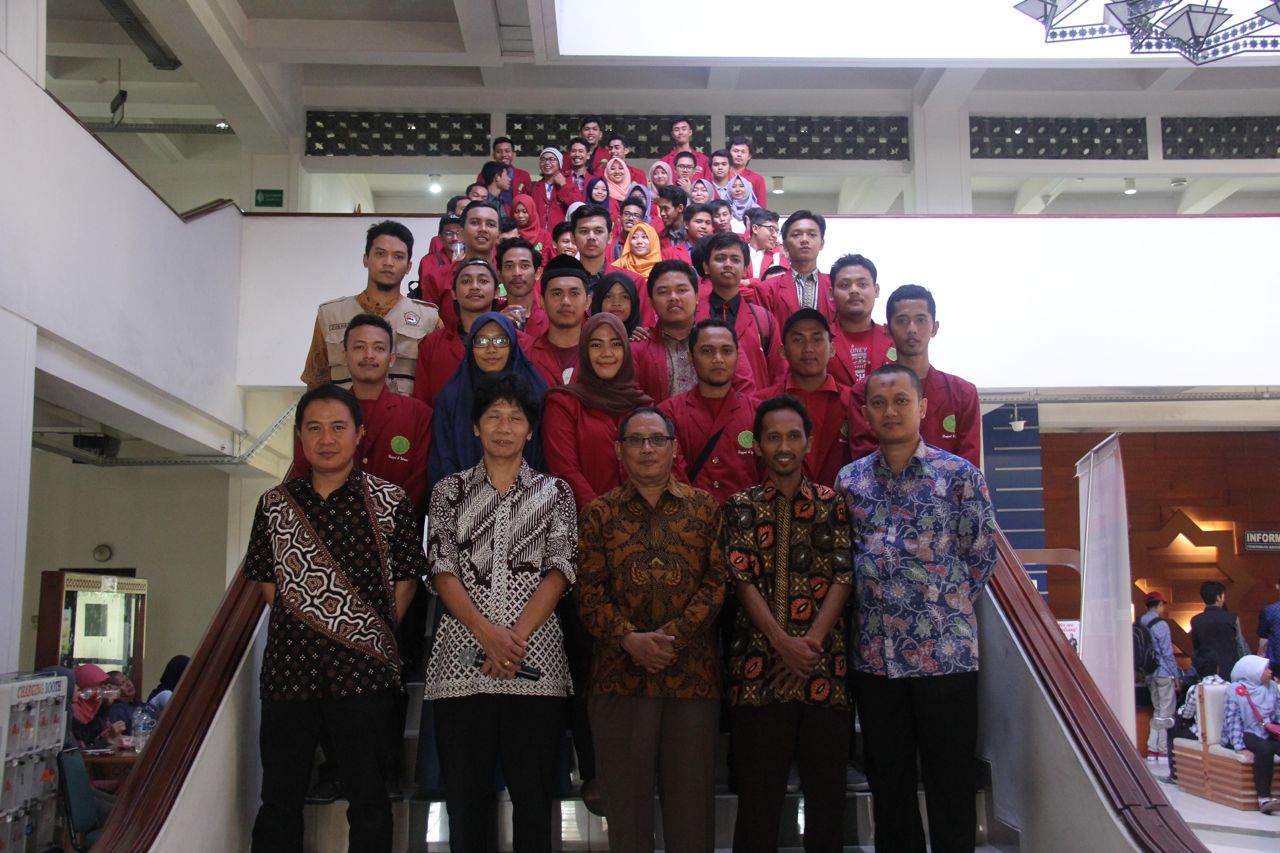3T (Disadvantaged, Outermost, and Frontier) regions of Indonesia are confronting social issues such as accessibility and clean water supply. Contributing to coping with the issues, Universitas Muhammadiyah Yogyakarta (UMY) sent the students to perform community service (KKN) in four areas of 3T regions.
In an interview on Tuesday (28/6), Vice Chancellor I of UMY Dr. Ir. Gunawan Budiyanto, M.P. mentioned that 99 students of UMY undertook the KKN in four different districts, namely Nunukan, Sebatik, Kalimantan Utara; Sembalun, Lombok Timur (Nusa Tenggara Barat); Sambi Rampas, Manggarai Timur (Nusa Tenggara Timur); and Kokoda, Sorong, Papua. 25 students were in Sebatik, 27 students were in Sembalun (NTB), 27 students were in Sambi Rampas (NTT), and the others were in Kokoda, Sorong.
The 99 students were officially launched on 15 July, but they departed in different time. The team placed in Kokoda departed 15 July, and the team positioned in NTT went on18 July.
Gunawan informed that the students would carry out the KKN about 2-3 months. “The KKN is different from the regular KKN. The students performing the KKN in 3T areas must possess a bit harder duty than students of the regular KKN,” he told.
The students stayed in the habitants’ house. Indeed, the students conducting the KKN in 3T areas this year are from various departments. “Last year, who undertook KKN in Sebatik were International Relations and Economics students. However, this KKN are joined by students of Agriculture, Engineering, and Islamic Studies,” he asserted.
He expected that the programs of the KKN could run well. “The KKN programs in Sebatik aim at raising the people’s nationality since Sebatik is located in a border area with Malaysia and most of the people use Ringgit as their currency. On the other hand, in NTB the students focus on agricultural product management and local tourism place development,” Gunawan conveyed.
Besides, in Sambi Rampas, NTT, the students concern with how to overcome drought issues. “In Kokoda, Sorong, Papua, the supporting program concentrates on enhancing the people’s agricultural skills,” he told.
The students themselves divided the teams, and the university parties organized the selection process to see their preparation. “The parties look at their preparation mentally and personally because they will do the KKN in remote areas. The most important is their parents’ consent,” he emphasized.
Gunawan hoped that the students may immediately observe and perceive the condition in 3T regions. “May the students be able to implement their knowledge gained during their study in the real life,” he wished.
12 students UMY beforehand had conducted a KKN program in Lamandanu, Kalimantan Tengah. The KKN was continued in 2015 in Sebatik, Kalimantan Utara. Gunawan expected that the KKN may develop in not only 3T regions but also disaster areas.






